Religion and Terrorism
Religion and Terrorism
The Use of Violence in Abrahamic Monotheism
Edited by Veronica Ward and
Richard Sherlock
LEXINGTON BOOKS
Lanham Boulder New York Toronto Plymouth, UK
Published by Lexington Books
A wholly owned subsidiary of Rowman & Littlefield
4501 Forbes Boulevard, Suite 200, Lanham, Maryland 20706
www.rowman.com
10 Thornbury Road, Plymouth PL6 7PP, United Kingdom
Copyright 2014 by Lexington Books
All rights reserved. No part of this book may be reproduced in any form or by any electronic or mechanical means, including information storage and retrieval systems, without written permission from the publisher, except by a reviewer who may quote passages in a review.
British Library Cataloguing in Publication Information Available
Library of Congress Cataloging-in-Publication Data Available
ISBN 978-0-7391-8568-1 (cloth : alk. paper)ISBN 978-0-7391-8569-8 (electronic)
 TM The paper used in this publication meets the minimum requirements of American National Standard for Information Sciences Permanence of Paper for Printed Library Materials, ANSI/NISO Z39.48-1992.
TM The paper used in this publication meets the minimum requirements of American National Standard for Information Sciences Permanence of Paper for Printed Library Materials, ANSI/NISO Z39.48-1992.
Printed in the United States of America
Acknowledgments
This project would not have been possible without the generous support of the Milton R. Merrill Endowment in the Department of Political Science at Utah State University. The funds provided enabled us to bring together scholars from around the world to meet, discuss, and present their research.
In addition, we would like to thank Cindy Nielsen for the wonderful job she did in arranging the logistics for the initial conference.
Richard Sherlock
Veronica Ward
Introduction
Richard Sherlock and Veronica Ward
Without doubt terrorism, including global transnational terrorism of the Al Qaeda type, has been extensively researched. Scholars have attempted to identify the causes of terrorism, the social conditions under which groups prepared to use terror tactics arise, and the impact and relative success of such organizations in the achievement of their objectives. All of these avenues are valuable and have advanced our understanding of this phenomenon. We know more today than we did even ten years ago.
There is an important, if not crucial area, however, that has yet to receive the study it deservesthe nexus of religion and terrorism. Specifically, what is required, and is the focus of this volume, is how religious doctrine becomes a powerful tool and motivator for individuals and groups in their willingness to engage in acts of terror. The principal monotheistic religions of Judaism, Christianity and Islam, with their grounding in sacred texts intended to guide the behavior and beliefs of adherents, are of particular relevance. It is these texts that are interpreted to provide the justification for acts of terror against unbelievers, infidels, heretics, apostates, and usurpers, all in the name of God and duty to God. Terrorism finds acceptance as the appropriate means to gain Gods favor and blessing. Self-identified believers express a willingness to sacrifice their lives, and those of others, in a sacred cause to protect or advance Gods cause as they understand it.
Given these realities, it is imperative that we, as observers and researchers, are able to shed light on the dynamics and forces that result in religious terrorism. Several important questions are addressed in this volume in an effort to do just this. Under what circumstances does religion become a dominant force? How are sacred texts used to justify the use of terror? How does religious belief assist in the identification of enemies? What is the relationship between religion and politics as drivers to action? There are other studies that purport to explore the relationship between religion and terrorism. These studies, although valuable in their own right, lack a thorough examination of the doctrinal elements that are cited to justify acts of terror.
In the pages that follow, we provide an analysis on efforts to define terrorism, followed by an exploration of the meaning of religion and religious terrorism. We conclude the introduction with a brief overview of each of the chapters that comprise the volume.
Defining Terrorism
Today, as even a cursory review of literature in the field makes clear, there is no global consensus on the concept of terrorism. Some scholars have figuratively thrown up their hands and abjured any effort to define terrorism. Instead, like pornography, we should take the position that well know it when we see it to paraphrase Justice Potter Stewart. Perhaps such an approach may work with pornography, but it is ill-advised with a term so emotionally laden with serious negative and even legal consequences that may follow the application of such a label. Philip Herbst puts it well.
Carrying enormous emotional freight, terrorism is often used to define reality in order to place ones own group on a high moral plane, condemn the enemy, rally members around a cause, silence or shape policy debate, and achieve a wide variety of agendas... Terrorist became the mantra of our time, carrying a similar negative charge as communist once did. Like that word, it tends to divide the world simplistically into those who are assigned the stigma and those who believe themselves above it. Conveying criminality, illegitimacy, and even madness, the application of terrorist shuts the door to discussion about the stigmatized group or with them, while reinforcing the righteousness of the labelers, justifying their agendas and mobilizing their responses.
As Alex Schmid notes, there is no intrinsic essence to the concept of terrorism. Thus, definers, particularly if they are governmental entities, have the power to shape the parameters of the term and thus affect the status of individuals and groups so designated.
There have been and continue to be efforts to develop a consensus definition by academics and a committee of the United Nations (UN). These attempts are briefly explored below. However, first there are the issues of the type of entities that should be considered in such definitions, and the question of the nature or characteristics of the targets.
States and Non-States
Not surprisingly, states definitions usually pinpoint only non-state actors. For governments exclusion of states reflects clear geopolitical interests. The inclusion of states as possible terrorists may require a government such as that of the United States to institute policies against an actual or potential ally. At the same time, threats to label a state terrorist have been made to pressure a particular governments leaders to support a desired policy. Just such a threat was issued by the George W. Bush Administration against the Musharraf government of Pakistan. The label then becomes a political weapon.
Some scholars have argued against the inclusion of states in any terrorism definition. Perhaps one of the best known of these scholars is Bruce Hoffman. Why? He does so on the grounds that such state ordered acts are conducted by those already in power against their own citizenry [that] are generally termed terror... to distinguish that phenomenon from terrorism which is understood to be violence committed by nonstate entities. Whether Jacksons judgment is correct or not, a serious result of this exclusion is that many studies on terrorism ignore state behavior which all agree harms and kills many more people than do non-state actors. There are serious consequences to a failure to include states. Schmid cites Christine Fair on this point.
Next page
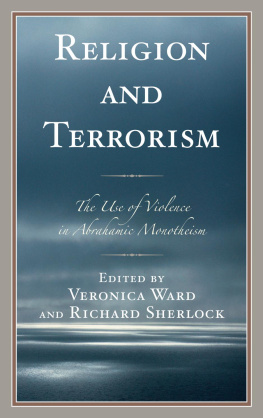
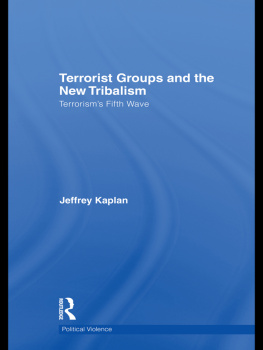

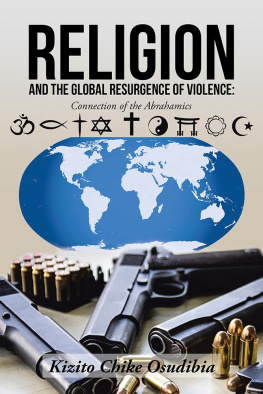
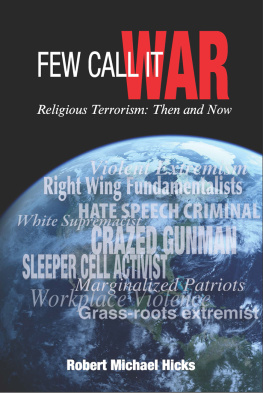
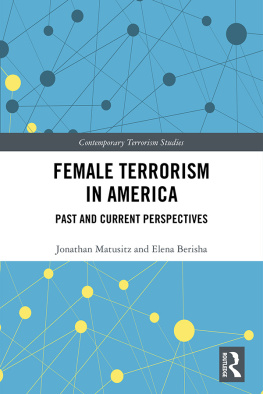
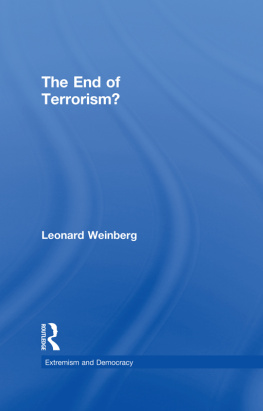
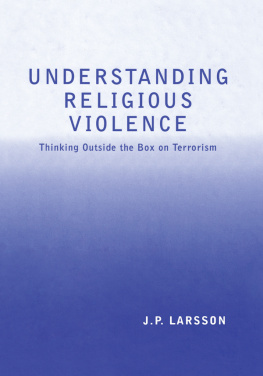
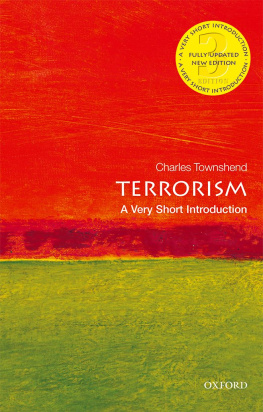
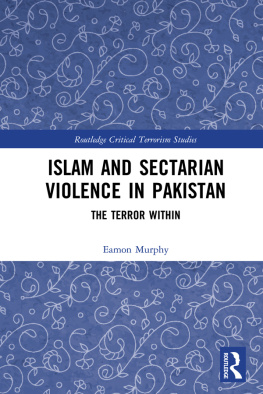
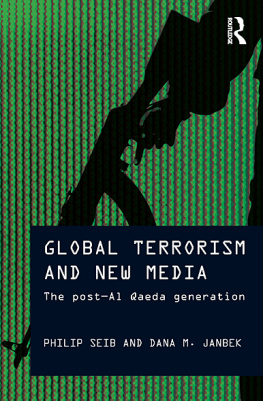
 TM The paper used in this publication meets the minimum requirements of American National Standard for Information Sciences Permanence of Paper for Printed Library Materials, ANSI/NISO Z39.48-1992.
TM The paper used in this publication meets the minimum requirements of American National Standard for Information Sciences Permanence of Paper for Printed Library Materials, ANSI/NISO Z39.48-1992.